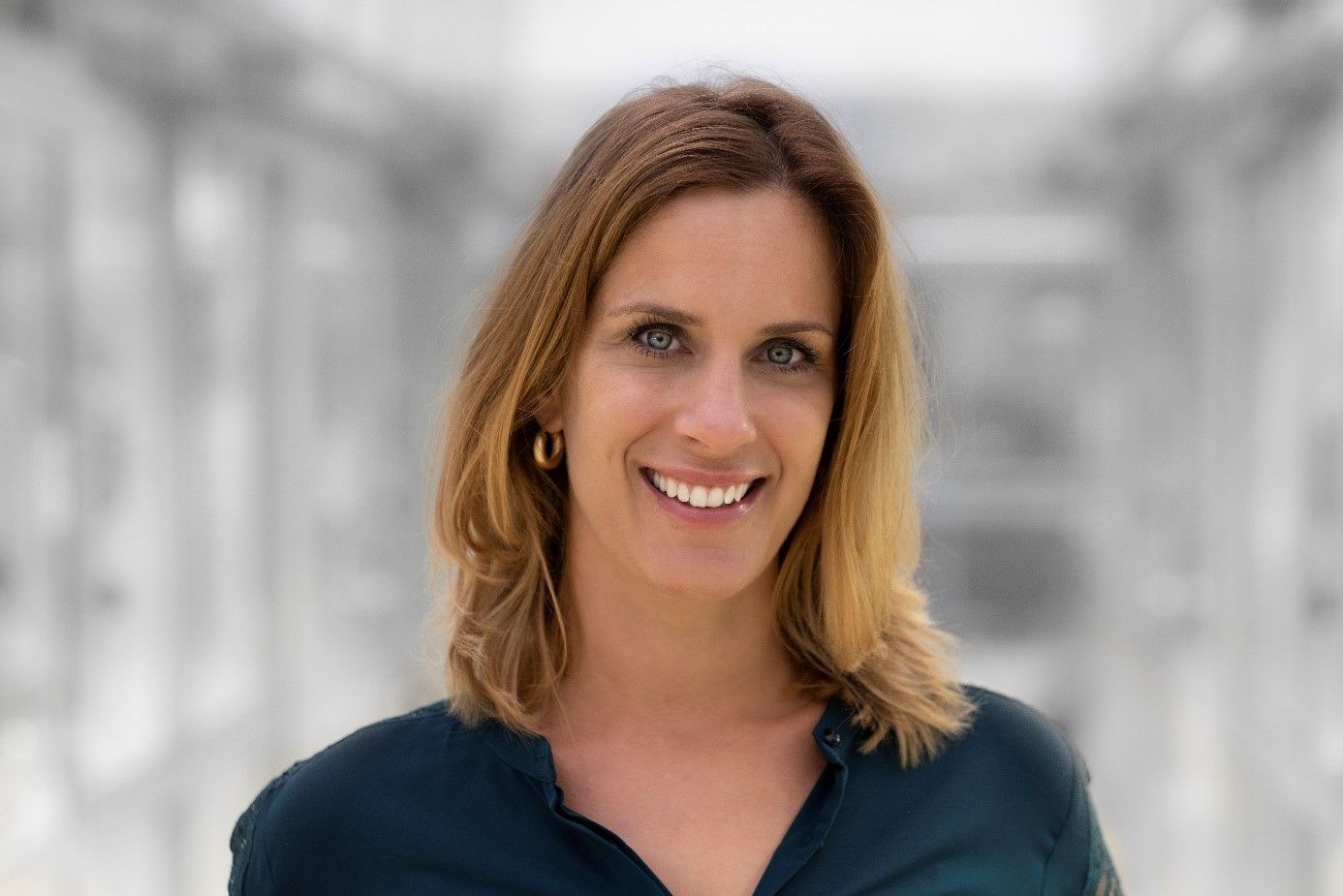
Brigitte Slaats
Brigitte Slaats works as Seedcare Technical Expert for Europe, Africa and the Middle East for Syngenta in Basel, Switzerland.
 What do you do?
What do you do?
During the first ten years of my career in Seedcare Research Biology at Syngenta, my team applied advanced scientific technologies with the aim of delivering next generation active ingredients. With multiple achievements recorded over the past years, Syngenta`s Seedcare pipeline is currently one of the richest in the industry. As a scientist with a deep understanding of seed treatment research and development, as well as products, I continue to drive innovative product concepts for Seedcare in my current role.
Why do you love your job?
Throughout my entire career, innovation and the delivery of reliable, sustainable seed treatment solutions that help improve the productivity of crops under biotic and abiotic stress, has been at the heart of what I do. The frequent interaction and close collaboration with customers, such as seed companies, have continued to fuel my passion. Working within project teams, utilizing the diverse range of competencies amongst outstanding experts within our company has led to breakthrough innovations, the most recent a product which will offer a step change in nematode control, with additional outstanding activity against key fungal diseases.
How did you get here?
Biology was always one of my favorite subjects at school. Growing up in Leverkusen, Germany, which is home to Bayer Pharmaceuticals, the idea of potentially becoming a specialist in phytomedicine arose during my teenage years. I pursued my dream and in 2007, after obtaining my PhD in Agricultural Sciences at the University of Bonn, Germany, I started working for Syngenta Crop Protection. I was hired as a postdoc to launch a new seed treatment nematicide research program, and soon after I became the Team Leader not only for Seedcare Nematicides but also Insecticides Research. After spending more than a decade in Research Biology, I joined the Crop Protection Marketing Team as the Seedcare Technical Expert for the region of Europe Africa Middle East in 2018, and I very much enjoy the diversity that this role brings. My professional career has been quite a smooth ride so far, but of course hard work, a supportive network, a great deal of optimism, curiosity, motivation, luck and good faith helps.
What is your advice for young women wanting to contribute to sustainable food and farming?
Being a woman with the ability to bear children, preservation of natural resources for the next generation and those thereafter, is a topic close to our hearts. With the implementation of the European Green Deal targeting a climate neutral continent by 2050, there is no better time than now to contribute to sustainable food and farming. To turn this commitment into reality will require the implementation of a healthier and more sustainable EU food system. At the core of the Green Deal are the Biodiversity and Farm to Fork strategy which will open new business opportunities, not only for farmers, but for young women who want to play a part in this transition.
It is truly rewarding to contribute to an improved food production system and therefore I would like to encourage women to consider the field of agricultural sciences for their professional career.
How does agriculture need to change to be fit for the future?
Agriculture faces several challenges, including global climate change, severe soil erosion and increasing loss of biodiversity. In order to be fit for the future, numerous sustainable technology breakthroughs will be required to ensure farming will be smarter than ever before. To secure the necessary acceleration of innovations, strong partnerships between growers, NGOs, institutes and universities, as well as industry, will be key.
What’s one challenge you face as a woman in agriculture and what do you think needs to be done to overcome this?
Throughout my career I have never felt any drawbacks because I am a woman. However, the percentage of women actively working in this space remains rather low and I believe if the ratio were to improve that it would have a positive impact on progress and performance achieved in this area. Generally, heterogenous teams are more open-minded and innovative than homogenous teams. Women have certain skills such as their resilience, patience, strong communication skills, determination, and sense of urgency from which heterogenous, diverse groups profit.
Brigitte is just one of many inspirational women working in agriculture. Visit our Female #FoodHeroes page to hear from other women working to improve plant science and nutrition.

